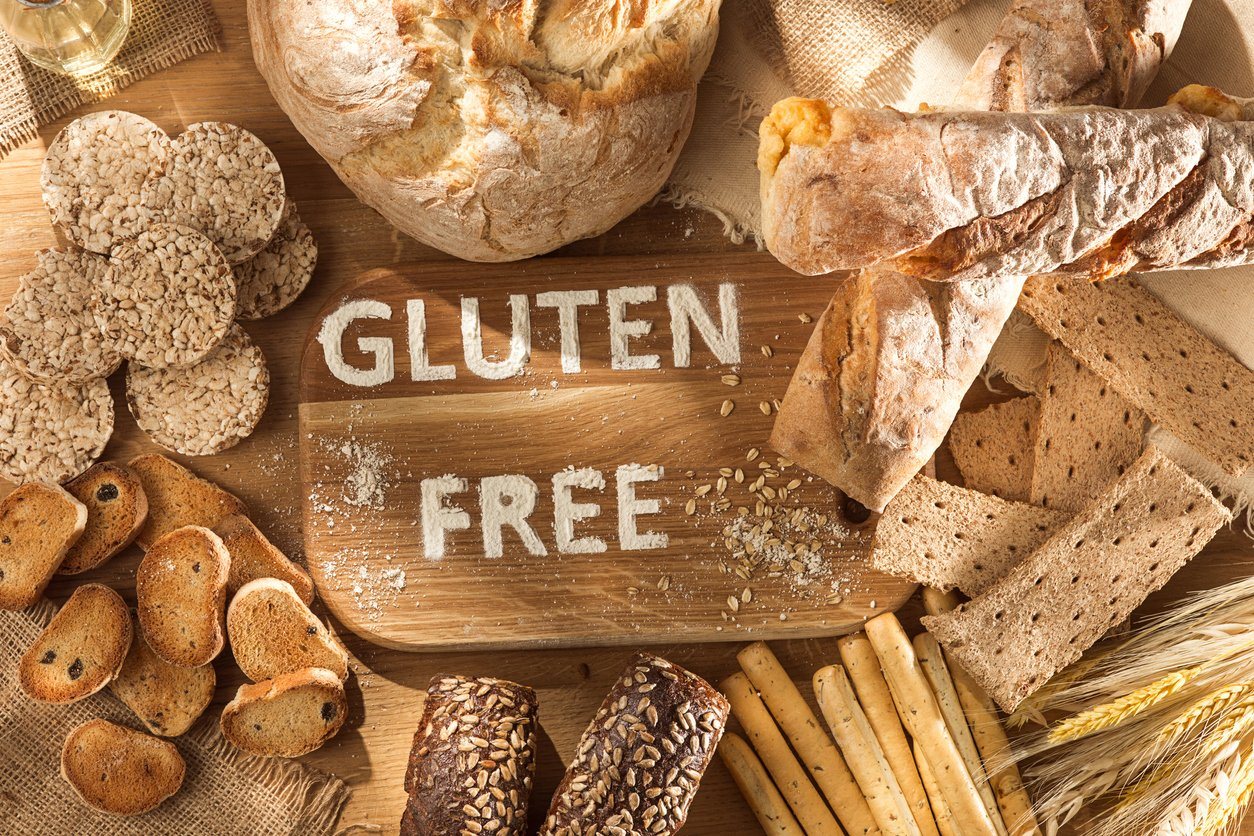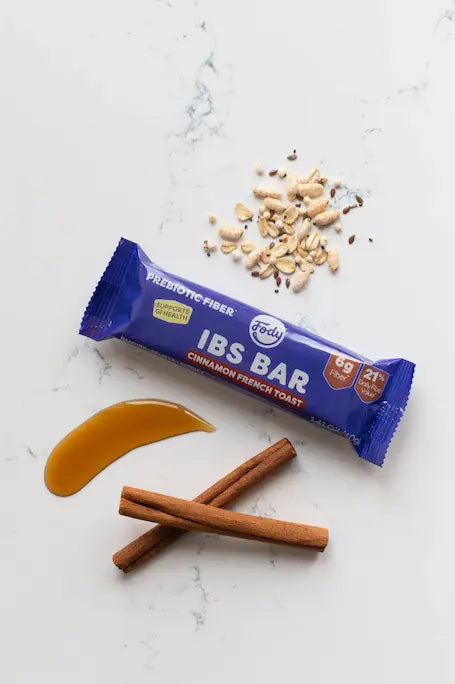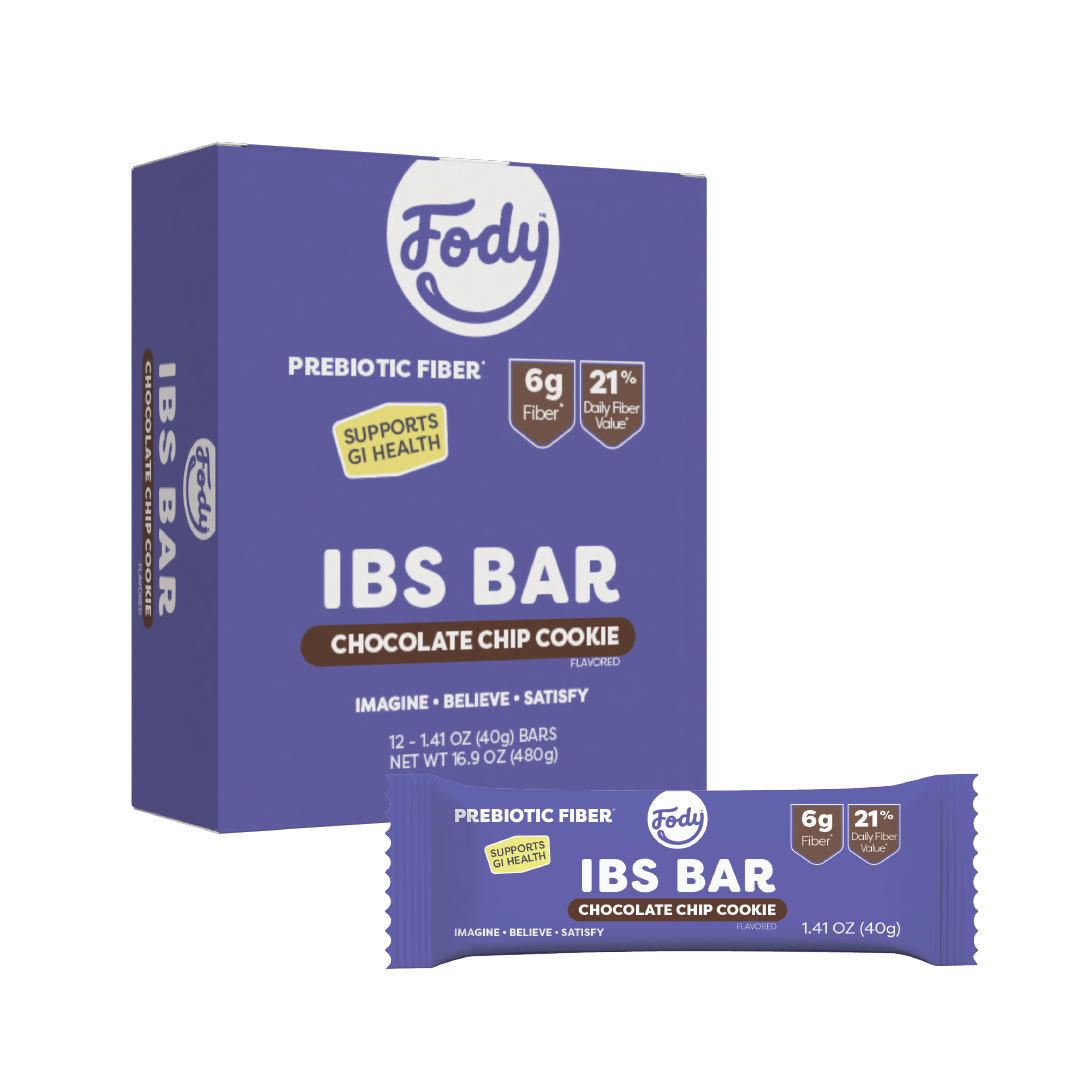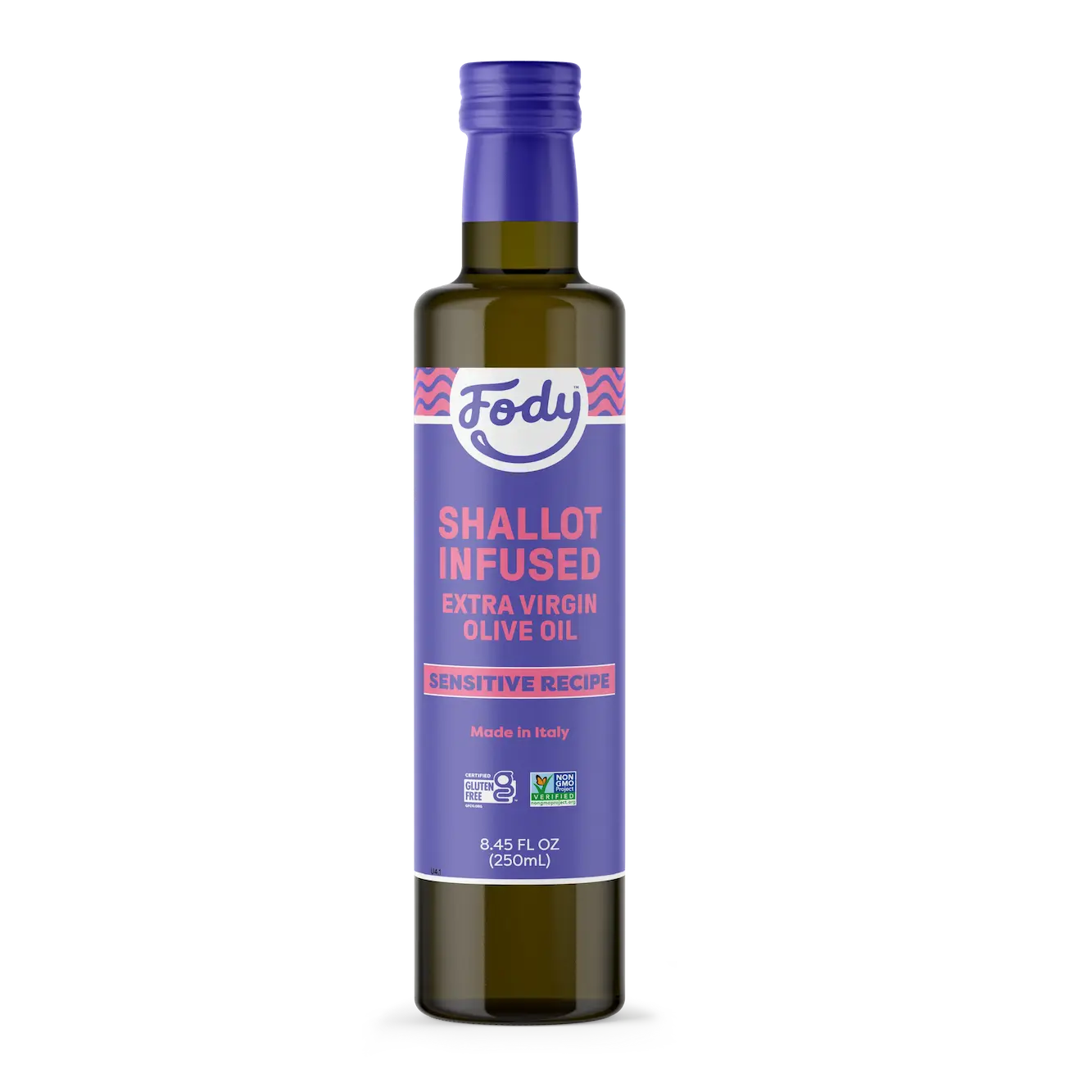

18 Signs You Might Have a Gluten Sensitivity
Think you may have a gluten sensitivity, but aren’t quite sure? We don’t blame you – gluten sensitivity can be hard to spot. Oftentimes, the symptoms overlap with other conditions, such as IBS, making it difficult to tell which is which and self-diagnose.
Gluten sensitivity is sometimes mistakenly referred to as gluten intolerance. And while they share many of the same symptoms, gluten sensitivity doesn’t cause an immune response or intestinal damage, whereas intolerance (also known as celiac disease) does.
In the United States, an estimated 6% to 7% of the population may be gluten-sensitive, meaning some 20 million people could have the condition; however, the percentage of people who are gluten-sensitive actually could be much higher. The discrepancy is in patients going undiagnosed or wrongly diagnosed, plus studies are still being conducted to get a better understanding of these conditions. This makes it difficult to get a better estimate.
18 Common Gluten Sensitivity Symptoms
If you’re experiencing any of the signs and symptoms below, it’s best to chat with your local nutritionist or make an appointment with your family doctor. That way, they can run a gluten sensitivity test to determine whether it’s an irritant for you.
- Bloating
- Diarrhea
- Constipation
- Abnormally Foul-Smelling BMs
- Abdominal Pain
- Sudden or Unexplained Weight Loss
- Frequent Headaches
- Brain Fog
- Fatigue
- Anxiety
- Depression
- Psoriasis
- Alopecia Areata
- Chronic Urticaria
- Iron-Deficiency Anemia
- Autoimmune Disorders (such as celiac disease or thyroid disorders)
- Muscle Soreness and Joint Pain
- Leg or Arm Numbness
Did you find any of these gluten sensitivity symptoms surprising? Amazingly, non-celiac gluten sensitivity can actually affect nearly every system in your body. This means that symptoms can often surface in unexpected places.
Gluten and the Low FODMAP diet
Let’s get this out of the way - the Low FODMAP diet is NOT a gluten-free diet. That said, you’ve probably noticed that there are many gluten-free suggestions especially while on the initial Elimination Phase of the diet.
Remember that FODMAPs are carbohydrates, while gluten is a protein. Wheat contains both gluten and fructans, which are both FODMAPs – so, you can clearly see where the overlap lies.
Since food scientists are still figuring out how gluten intolerance works, and how it can affect people with IBS or gluten sensitivity, it can be difficult separating the symptoms of these two stomach conditions.
Many people with gluten sensitivities are misdiagnosed with IBS and vice-versa. However, it’s worth trying out the Low FODMAP diet to see if it’s right for you! Remember, it’s best suited to those with non-celiac gluten sensitivity, rather than celiac disease. If you have any hesitations about getting started, you can learn more in our resource center or speak to your nutritionist/doctor.
Think you may have a gluten sensitivity? Many of Fody’s products are gluten-free (just look for the GF label!)
Start shopping today!
So, what are you waiting for?

 Cinnamon French Toast High Fiber Snack Bar - 12 Pack
Cinnamon French Toast High Fiber Snack Bar - 12 PackCinnamon French Toast High Fiber Snack Bar - 12 Pack
$32.99
 Chocolate Chip Cookie High Fiber Snack Bar - 12 Pack
Chocolate Chip Cookie High Fiber Snack Bar - 12 PackChocolate Chip Cookie High Fiber Snack Bar - 12 Pack
$32.99
















